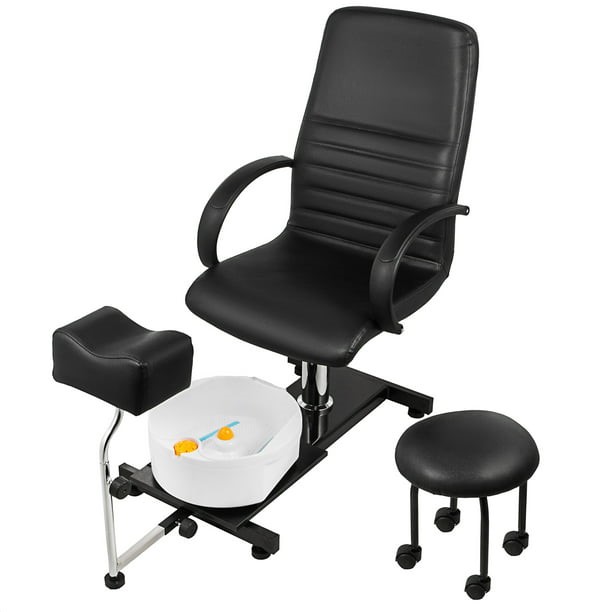Milan, January 29, 2023 – New research from the University of Milano-Bicocca and the University of Professional Studies of Southern Switzerland (SUPSI) has shed light on the impact of early smartphone usage on children and pre-adolescents. The study, conducted by Tiziano Gerosa, Marco Gui, and Lucilla Losi, analyzed longitudinal data provided by the Italian Institute for the Evaluation of the Education System (INVALSI) and found that early smartphone usage before the age of 12 can have negative effects on academic performance and digital skills.
The two studies, titled “The Age of the Smartphone: An Analysis of Social Predictors of Children’s Age of Access and Potential Consequences Over Time” and “Earlier Smartphone Acquisition Negatively Impacts Language Proficiency, but Only for Heavy Media Users. Results from a Longitudinal Quasi-Experimental Study”, were recently published in leading academic journals and provide valuable insights into the consequences of early smartphone usage.
The first study, published in “Youth&Society”, examined a representative sample of 3,247 Italian students in grade 10 and found that early smartphone access is negatively associated with well-functioning and academic achievements, even when controlling for socio-economic factors. The study also found that deferring smartphone access can help reduce the gender gap in language proficiency, digital skills, and life satisfaction.
The second study, authored by Tiziano Gerosa and Marco Gui, used a more sophisticated counterfactual design and nationwide standardized tests to investigate the impact of early smartphone use on learning levels. The study found that there are no benefits for those who obtained smartphones early, and in fact, intensive media usage habits before owning a smartphone (more than two hours per day of TV and video games) can have a significant negative impact on language proficiency.
According to Marco Gui, there has been a significant debate surrounding the impact of digital media use on minors, but often there have been complaints about the absence of more robust scientific evidence beyond mere correlations. This new research provides valuable insights into the direct negative impact of early smartphone usage, particularly for individuals with a reduced ability to limit screen time due to family context or specific psychological characteristics.
The University of Milano-Bicocca’s Digital Transformation and Wellbeing Lab, in collaboration with the University of Brescia and local associations, is continuing to research this topic. The EYES UP project (EarlY Exposure to Screens and Unequal Performance) aims to analyze the impact of early online devices and experiences on learning levels throughout students’ academic careers.
For more information, please contact the University of Milano-Bicocca Press Office at ufficio.stampa@unimib.it or at +39 02 6448 6076 or +39 02 6448 6353. This research was distributed by the press distribution company, https://pressat.co.uk/.








